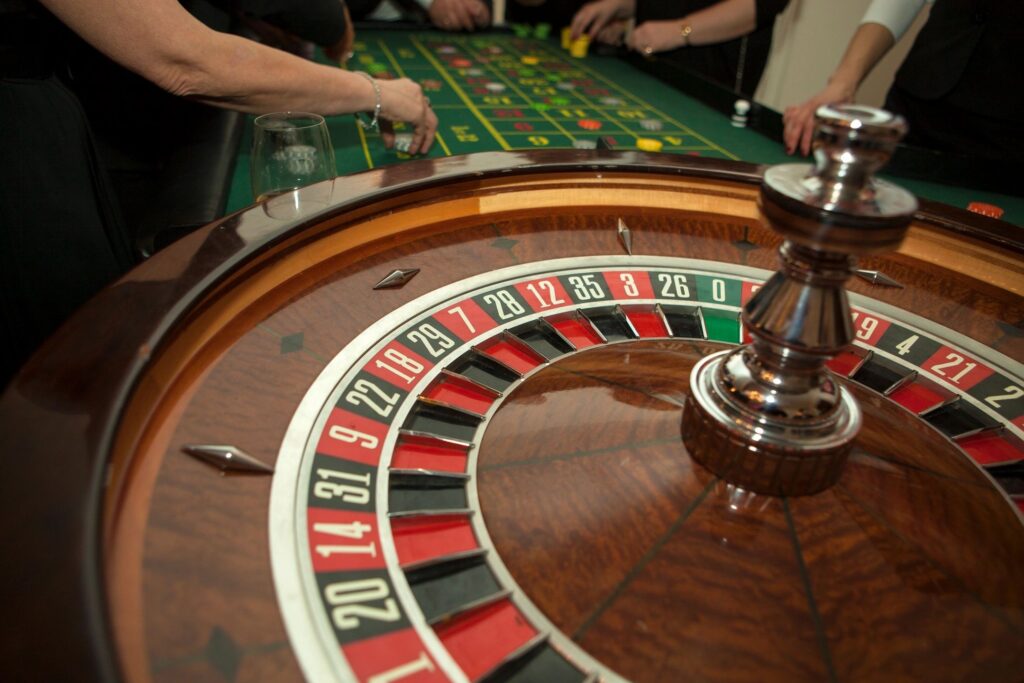Social Psychology
A Game to Measure Couples’ Trust
Can you measure trust in romantic relationships? A team of researchers in Germany thinks so, and they’ve put forward an activity called the Trust Game for Couples that’s intended to do exactly that. Actually, with a name like that, you could argue that even being willing to play the game in the first place is…
Read MoreThe Demographics of Humor
Humor is a funny thing. Different people use it in different ways. I’ve touched on this topic in some previous blog posts. People with high self-esteem, for example, tend to use humor to build relationships with others. Undertakers, on the other hand, tend not to use it much at all. Now, a new study from…
Read MoreSwitching Off Your Phone Half an Hour Before Bed Might Improve Sleep, Memory
I’m not going to bother telling you not to use your phone before bed. Partly because you’ve probably heard that advice before, and partly because it would be hypocritical of me to do so! But I am going to highlight the results of a study that shows what might happen to people who do and…
Read MoreWhen People Lie Because the Truth is Unbelievable
From white lies to more malicious fibs, people bend or hide the truth for a variety of reasons. One of those reasons, it turns out, is that sometimes the truth is so fantastical that other people wouldn’t even believe it. If you’ve ever had something so strange happen to you that it doesn’t even seem…
Read MoreFriends Cooperate More Efficiently After Exchanging Gifts
As I’ve written about before, people give gifts for a range of reasons – sometimes simply to do something nice, sometimes because they want to influence others. A new study from researchers in Italy sheds light on another function gifts can serve: increasing teamwork and cooperative performance. In the study, 32 pairs of close friends…
Read MoreTwo Ways to Use Social Media
In my last post, I talked about how children in neighborhoods with faster internet apparently evaluate their lives more negatively. That study is one of several that has explored a possible link between internet use and mental health risk. One thing to keep in mind when we talk about “internet use,” however, is that there…
Read MoreIn Neighborhoods With Faster Internet, Children Feel Worse About Their Lives
Who wouldn’t want a faster internet connection? Kids who want to feel good about their lives, maybe. A new analysis of data from 6,300 children carried about by researchers at University of Sheffield has come up with the finding that in neighborhoods with faster broadband speed, children and teenagers report feeling worse about their lives.…
Read MoreWhat Sets Good Liars Apart?
Everyone can lie, but not everyone can lie well. In fact, some research suggests that the demeanor of a liar is the most important factor in whether lies are detected, possibly more important than the deception detection abilities of the person being lied to. To learn more about the people who lie most effectively, a…
Read More“Thank You” Can Change How People See You
If your parents told you to always say your thank yous when you were growing up, chances are they understood on some intuitive level that these two simple words carry a lot of power. Now there’s some science to back that idea up. A study published in Journal of General Psychology asked 136 participants to…
Read MoreWhat Social Connections and Financial Security Mean for Retirement
Given the choice, most of us would probably rather retire with a broad social network and a deep bank account. Of course, the choice isn’t entirely up to us, since there are a lot of complicated factors that influence how strong the social connections we develop are and how much money we’re able to save…
Read More








